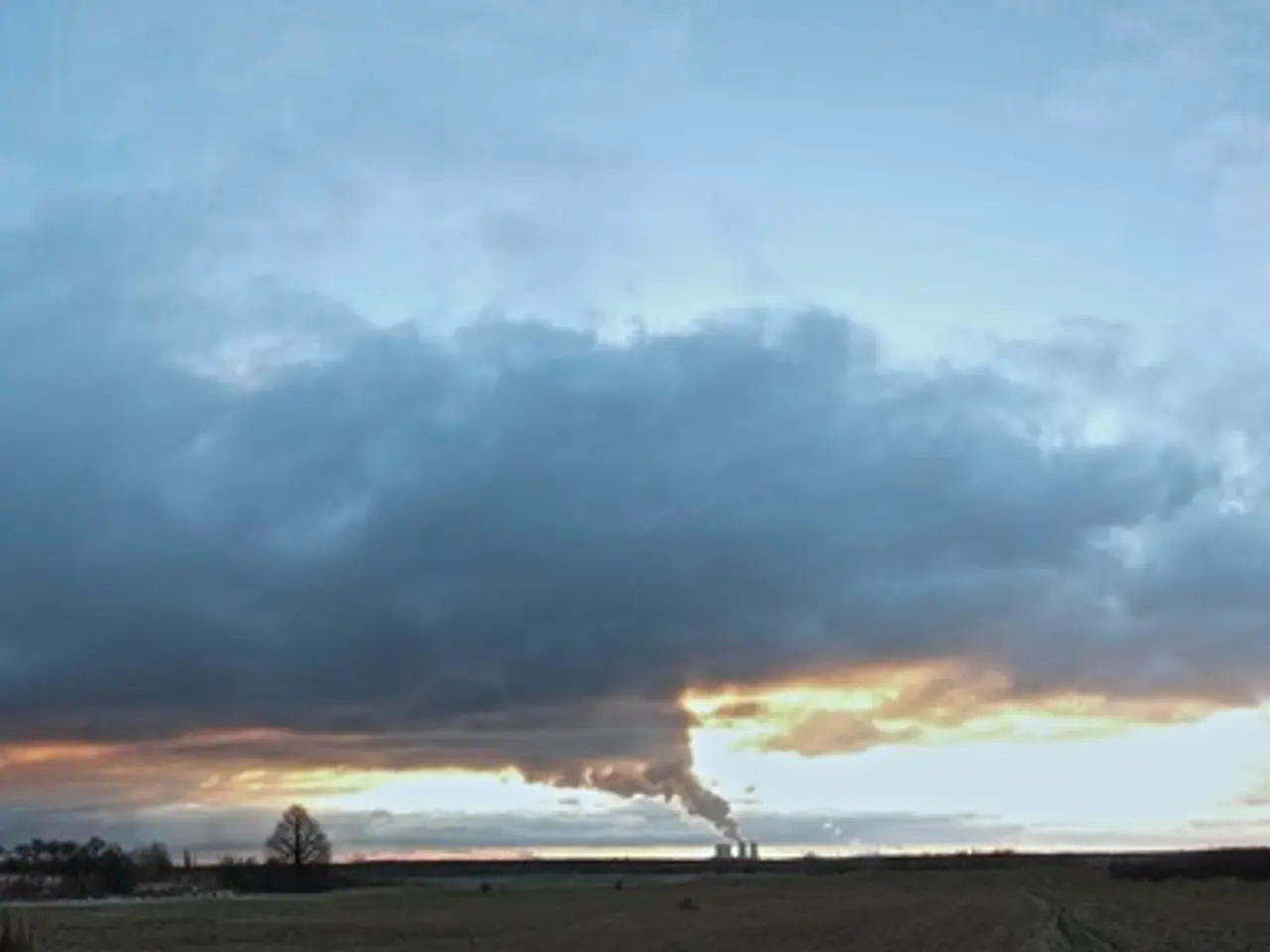Agencies in the United States intend to discontinue the collection of emissions data from corporations
The United States Environmental Protection Agency (EPA) has announced its decision to withdraw a central scientific assessment of the dangers of greenhouse gases, and will no longer require thousands of industrial companies to report their greenhouse gas emissions. This move, which is expected to be finalised next year, has sparked concerns among critics who argue that it could hinder the fight against climate change.
Michael S. Regan, the US environmental protection official who announced the repeal, did not provide a clear rationale for the decision. However, the EPA's actions could potentially jeopardise efforts to avoid the worst consequences of the climate crisis, as the information obtained from the program influences political decisions and is shared with the United Nations.
The greenhouse gas reporting program was launched in 2010 and collects data from approximately 8,000 of the largest industrial facilities, including coal-fired power plants, oil refineries, and steelworks. By ending the program, US companies could save up to $2.4 billion in regulatory costs over the next decade.
The US government's decision to withdraw the assessment may undermine the scientific basis for climate change policy, as the information gathered by the program provides valuable insights into the impact of greenhouse gas emissions on the environment. The USA is the second-largest emitter of greenhouse gases after China, and the main drivers of human-induced climate change are greenhouse gases. Since the late 19th century, harmful emissions have led to a significant increase in global average temperatures.
Critics also argue that the US government's actions could potentially hinder the fight against climate change, as the end of the program could weaken the global response to climate change. The US government's funding cuts and policy changes have already been drastically reducing funds for climate protection and research. The proposal to end the program will be published in the Federal Register, and it remains to be seen whether the decision will be challenged in court.
Furthermore, the US government's actions may undermine international cooperation on climate change, particularly in light of the Paris Climate Agreement. The 2015 Paris Climate Agreement aims to limit global warming to well below 2 degrees Celsius compared to pre-industrial times, and preferably to 1.5 degrees. The US has withdrawn from the Paris Climate Agreement again under President Donald Trump, and the end of the greenhouse gas reporting program could further undermine the country's commitment to addressing climate change.
In conclusion, the EPA's decision to end the greenhouse gas reporting program has raised concerns among environmentalists and critics who argue that it could potentially hinder the fight against climate change. The program provides valuable insights into the impact of greenhouse gas emissions on the environment, and its end could weaken the global response to climate change. The US government's actions could potentially jeopardise efforts to avoid the worst consequences of the climate crisis, and undermine international cooperation on climate change.
Read also:
- Amidst India's escalating climate crisis, transgender individuals continue to persevere
- Germany's three-month tenure under Merz's administration feels significantly extended
- Governing body allegedly persists in enjoying vacation time amidst Spain's highest danger level due to fires, claims Feijóo
- United Nations Human Rights Evaluation, Session 45: United Kingdom's Statement Regarding Mauritius' Human Rights Record








